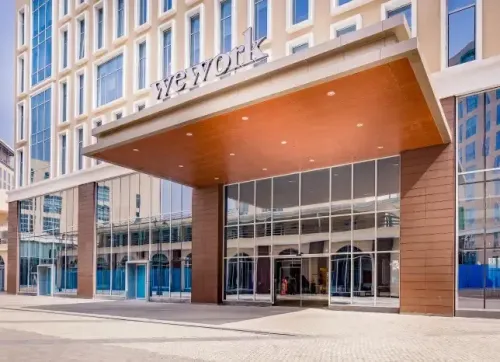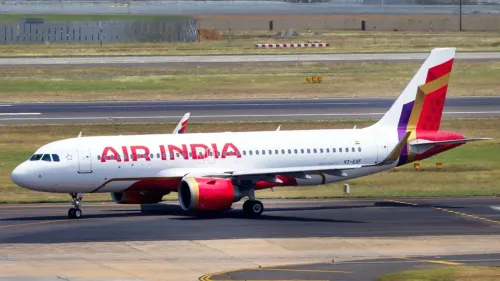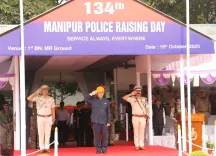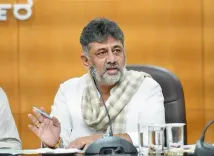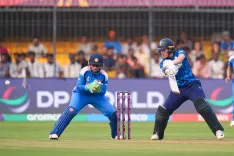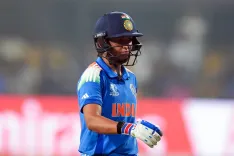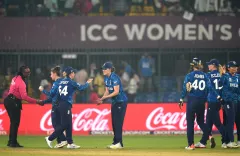Are India’s Rivers Highways of Progress?
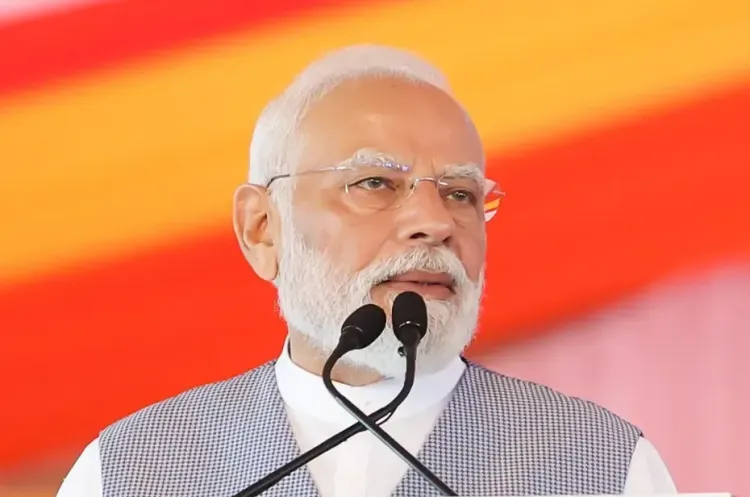
Synopsis
Key Takeaways
- India’s rivers are being revitalized for transportation.
- Over 14,500 km of navigable waterways exist in the country.
- Ambitious cargo movement targets set for the future.
- River tourism is experiencing a significant boost.
- Government efforts are focused on sustainable practices.
New Delhi, Oct 17 (NationPress) Prime Minister Narendra Modi on Friday emphasized the transformation of India’s waterways into essential river transport infrastructure projects that have bolstered the nation’s logistics and tourism sectors in recent years.
“India’s rivers are not merely symbols of heritage; they are dynamic highways of progress!” PM Modi expressed on the X social media platform.
The Prime Minister highlighted an article by Union Minister Sarbananda Sonowal regarding the revitalized waterways and their journey towards a Viksit Bharat.
“Historically, India’s rivers were not only revered but also practical modes of transportation—facilitating the movement of goods from Patna or Dibrugarh to Kolkata long before trucks dominated the roadways. The rivers of India served as the original highways, their currents carrying grain, salt, and narratives. Over time, as steel rails and paved roads took precedence, the rivers became mere shadows of their former selves,” wrote Sonowal in his article.
“Today, through the efforts of the Inland Waterways Authority of India (IWAI), India’s rivers are experiencing a renaissance—being rediscovered, reimagined, and rejuvenated—thanks to institutional funding enabled by a results-oriented and well-meaning government under the leadership of Prime Minister Narendra Modi,” he added.
The minister further noted that India boasts over 14,500 kilometers of navigable waterways, with 111 now designated as national waterways, a significant increase from just five in 2014. Currently, 32 of these waterways are operational.
“This transformation, representing a tenfold increase, is not just about new maps; it’s about reviving a logistics paradigm shaped by the Prime Minister’s transformative vision for multimodal connectivity. The clear advantages include reduced fuel consumption, lower emissions, and cost-effective transportation of goods. Our responsibility is to respect the river—dredging wisely, guiding it safely, and allowing nature to handle the heavy lifting,” Sonowal remarked.
The article paints an optimistic picture of cargo movement rising from 18 million tonnes in 2013-14 to 145 million tonnes by 2024-25. This growth has motivated the government to set an ambitious goal of 200 million tonnes by 2030 and a quarter-billion by 2047.
“River tourism is on the upswing—growing from just five vessels a decade ago to 25 cruises operating across 13 waterways today. Notably, the Ganga, Brahmaputra, and the Kerala backwaters are leading the way, with terminals in Varanasi, Kolkata, Patna, Dibrugarh, and Guwahati being enhanced with electric shore connections and 24-hour navigation aids, making river travel both luxurious and sustainable,” Sonowal added.


